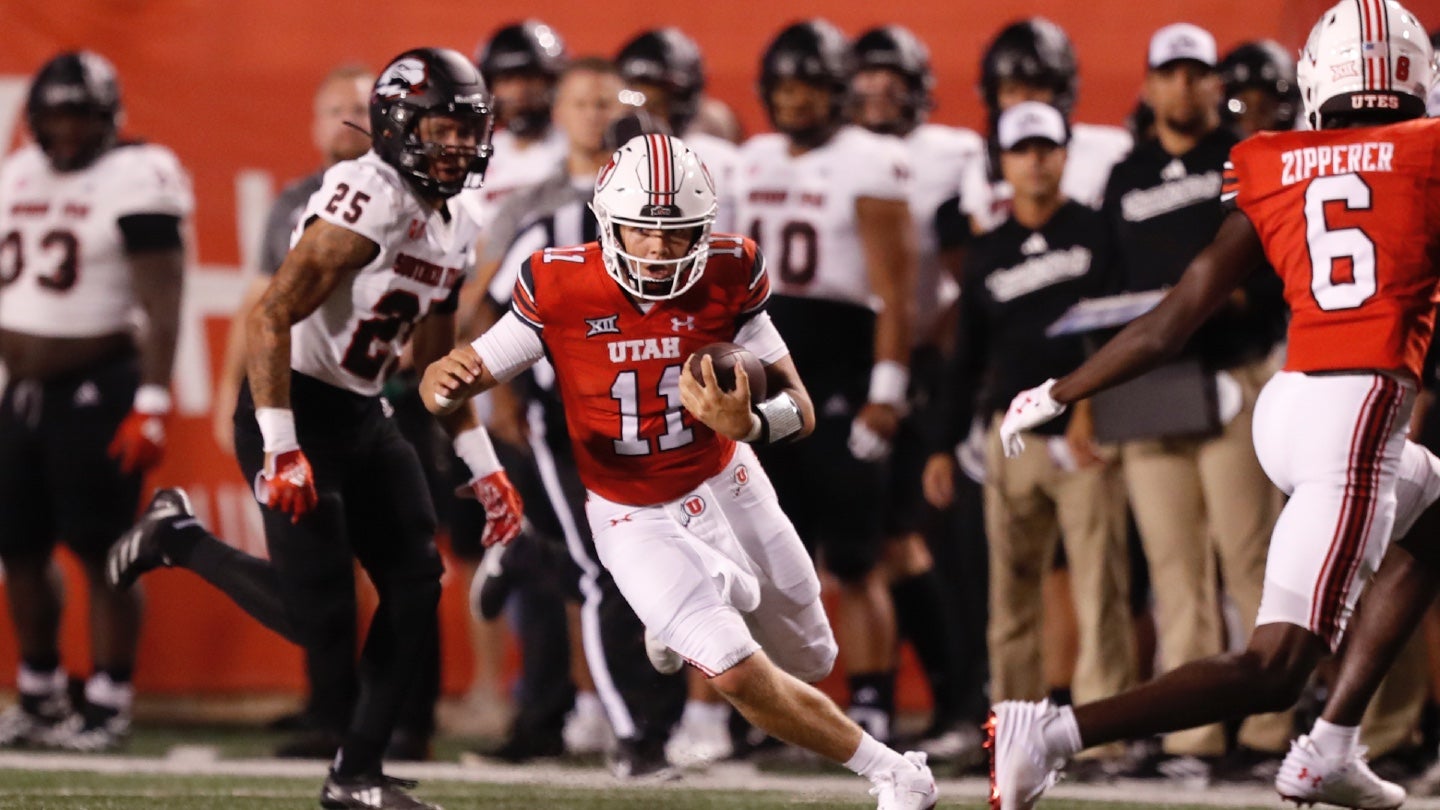
An advocacy body for college athletes in the US has unveiled its strong opposition to the proposed $2.8 billion antitrust settlement between the National Collegiate Athletic Association (NCAA) and multiple groups of college athlete plaintiffs.
The National College Players Association (NCPA) has claimed that the ‘House settlement’ (which will compensate former college athletes and pave the way for current and future ones to be directly paid for their efforts) will end up limiting the earning potential of those athletes.

Discover B2B Marketing That Performs
Combine business intelligence and editorial excellence to reach engaged professionals across 36 leading media platforms.
The body has said that the deal – which is currently working its way through the US legal system after being agreed earlier this year and faces a preliminary approval hearing next week in California – would eliminate collectives that are currently responsible for college athletes receiving millions of dollars in name, image, and likeness (NIL) payments.
Besides NIL deals, NCAA athletes do not currently receive any revenue, despite the organization securing lucrative, multi-million dollar media rights deals.
Overall, the deal would contain $2.78 billion in damage payments to both former and current college athletes.
Part of the settlement also involves schools being allowed to pay around $20 million per year in permissive revenue sharing to athletes, with these payments expected to begin in the latter months of 2025.

US Tariffs are shifting - will you react or anticipate?
Don’t let policy changes catch you off guard. Stay proactive with real-time data and expert analysis.
By GlobalDataEven if the settlement is granted preliminary approval, changes can still be made in the coming months, while final approval is being worked through.
Ramogi Huma, executive director of the NCPA, said: “This is an unjust settlement that would not only harm current athletes but future college athletes who are only in fourth grade. The NCPA will work to get this settlement rejected so that parties can come up with a fair settlement or go to trial.”
However, Steve Berman, a lawyer for the House plaintiffs involved in negotiating the settlement, said that the agreement – instead of eliminating the collectives, as the NCPA claims – simply sets up a neutral arbitration system so that all parties (athletes and colleges) can challenge the rules regarding collective payments.
In addition, the NCPA has said it opposes the deal on the grounds that it gives conferences the ability to end revenue-sharing if it considers athletes to be employees with collective bargaining rights.
As well as this, the NCPA takes issue with the settlement because it – they claim – doesn’t go far enough in ensuring colleges won't cut the number of athletic sponsorships they give out.
The original case was brought by Grant House, a former swimmer for Arizona State, with other plaintiffs including Sedona Prince (basketball) and Tymir Oliver (American football).
As part of the settlement terms, the NCAA will have to provide more than $2.7 billion to former athletes over the next 10 years for back damages related to the association's NIL restrictions.
The conferences also agreed to a system that will allow schools to pay around $20 million per year in permissive revenue sharing to athletes, and these payments are expected to begin in the latter few months of 2025.
In settling, the colleges and the NCAA avoided trial, where they could have been tried for damages over $4 billion if they lost.





